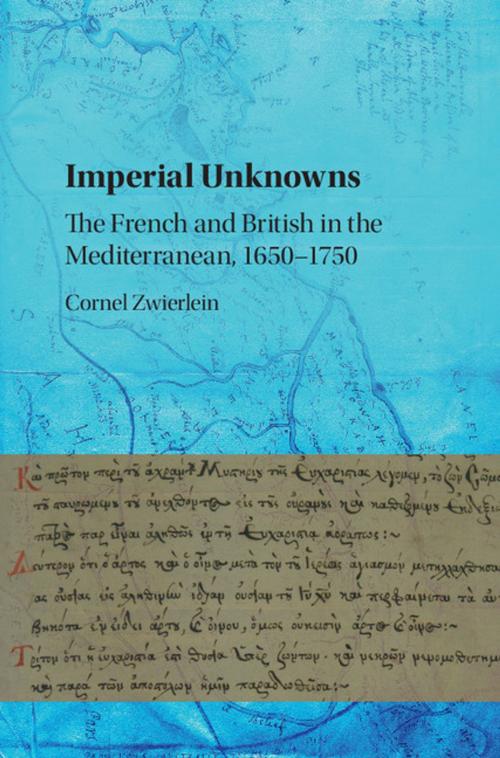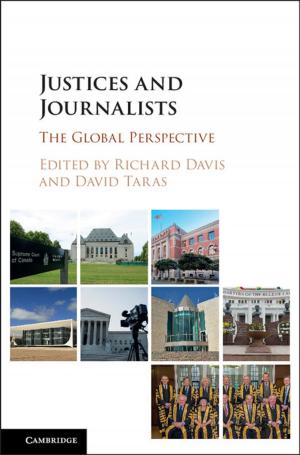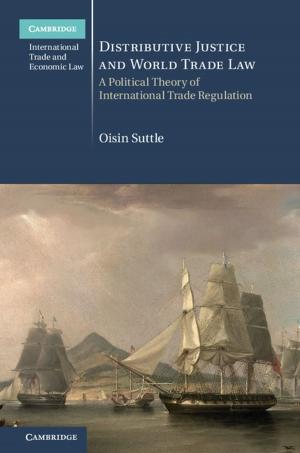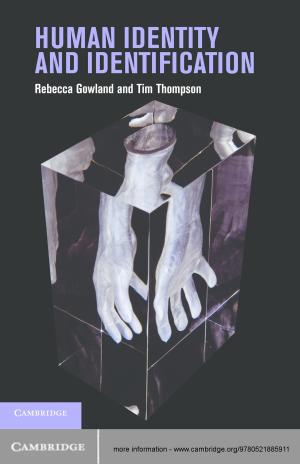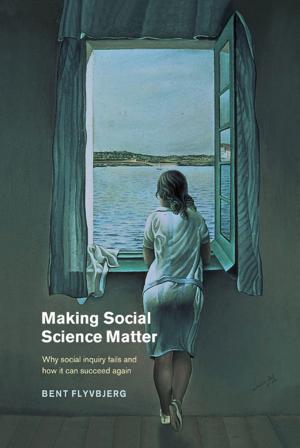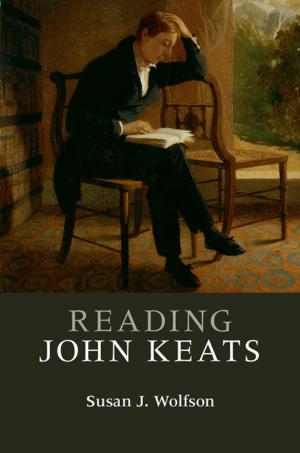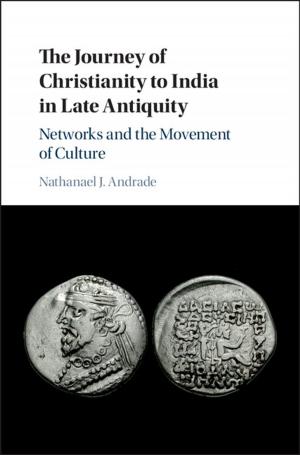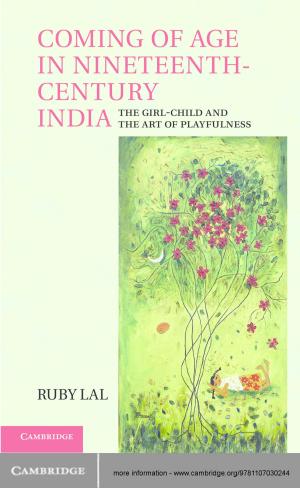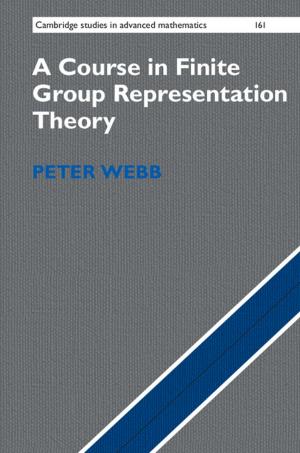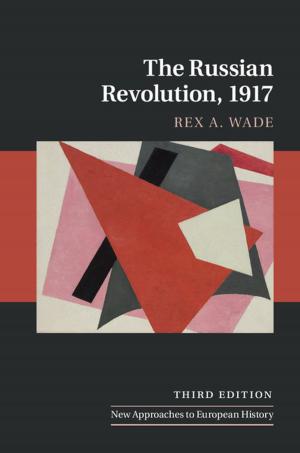Imperial Unknowns
The French and British in the Mediterranean, 1650–1750
Nonfiction, Science & Nature, Technology, Engineering, Science, Social & Cultural Studies, Social Science| Author: | Cornel Zwierlein | ISBN: | 9781316733073 |
| Publisher: | Cambridge University Press | Publication: | October 19, 2016 |
| Imprint: | Cambridge University Press | Language: | English |
| Author: | Cornel Zwierlein |
| ISBN: | 9781316733073 |
| Publisher: | Cambridge University Press |
| Publication: | October 19, 2016 |
| Imprint: | Cambridge University Press |
| Language: | English |
In this major new study, the history of the French and British trading empires in the early modern Mediterranean is used as a setting to test a new approach to the history of ignorance: how can we understand the very act of ignoring - in political, economic, religious, cultural and scientific communication - as a fundamental trigger that sets knowledge in motion? Zwierlein explores whether the Scientific Revolution between 1650 and 1750 can be understood as just one of what were in fact many simultaneous epistemic movements and considers the role of the European empires in this phenomenon. Deconstructing central categories like the mercantilist 'national', the exchange of 'confessions' between Western and Eastern Christians and the bridging of cultural gaps between European and Ottoman subjects, Zwierlein argues that understanding what was not known by historical agents can be just as important as the history of knowledge itself.
In this major new study, the history of the French and British trading empires in the early modern Mediterranean is used as a setting to test a new approach to the history of ignorance: how can we understand the very act of ignoring - in political, economic, religious, cultural and scientific communication - as a fundamental trigger that sets knowledge in motion? Zwierlein explores whether the Scientific Revolution between 1650 and 1750 can be understood as just one of what were in fact many simultaneous epistemic movements and considers the role of the European empires in this phenomenon. Deconstructing central categories like the mercantilist 'national', the exchange of 'confessions' between Western and Eastern Christians and the bridging of cultural gaps between European and Ottoman subjects, Zwierlein argues that understanding what was not known by historical agents can be just as important as the history of knowledge itself.
